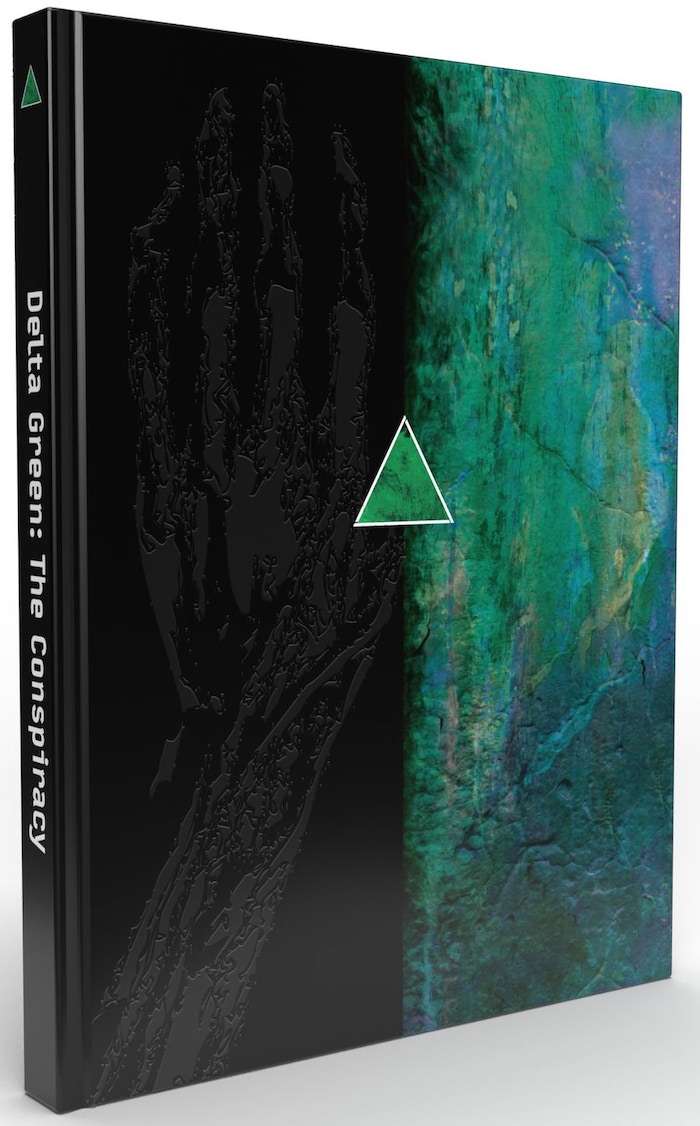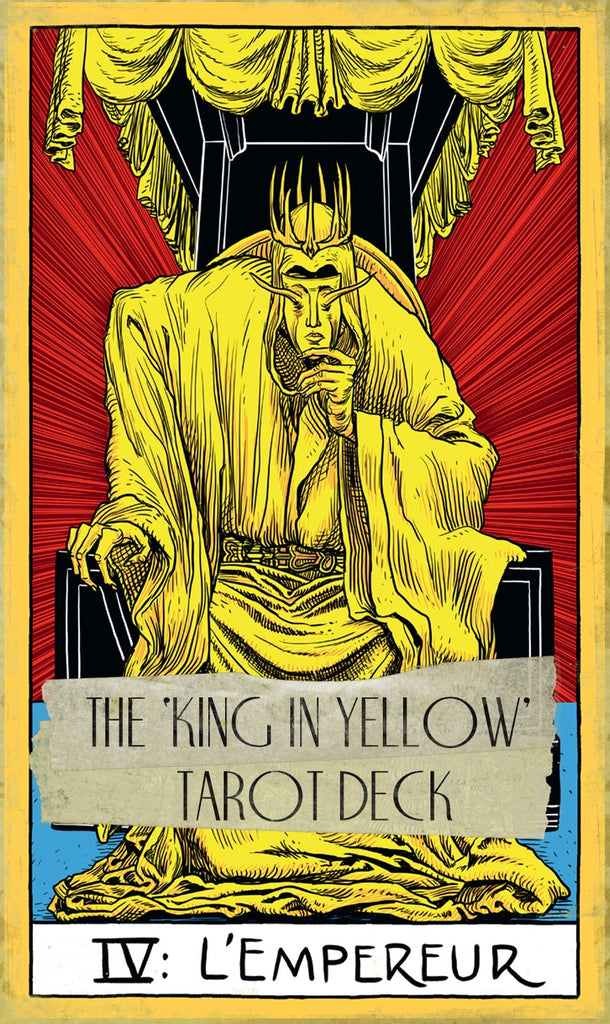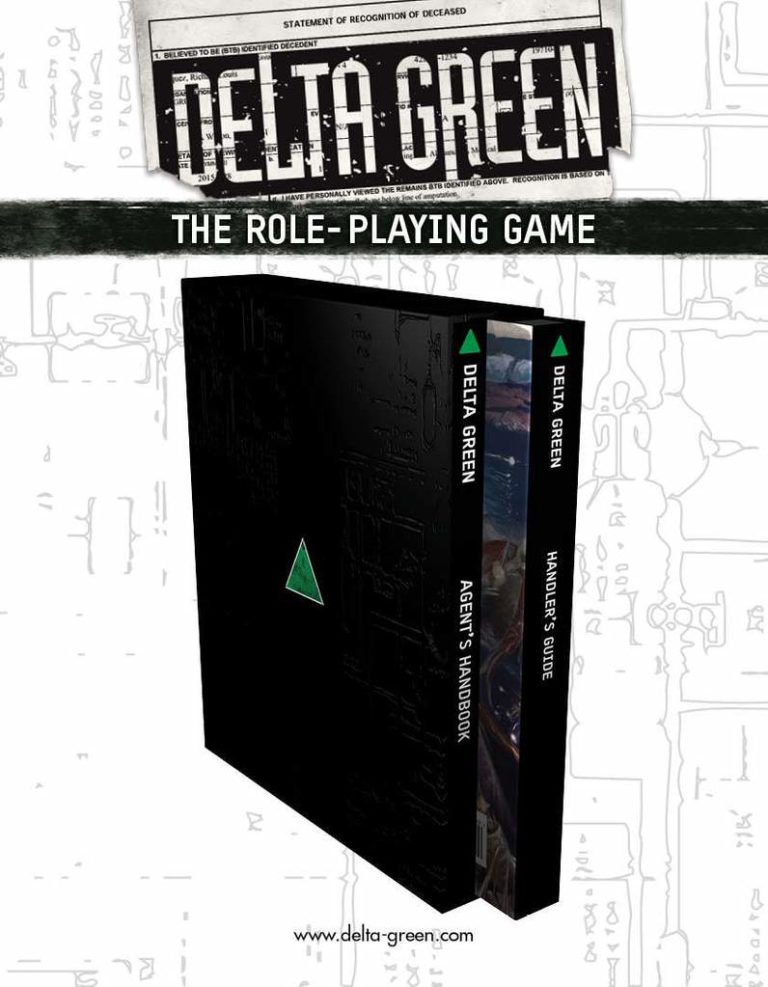By Shane Ivey, ©1999
The trucks rumble slowly through a quiet and rain-soaked afternoon. They move drunkenly, pushing through the clinging mists and brushing countless low branches aside, listing with each twist of the mountain road and staggering with each gaping pothole. To visitors, this upper reach of the Andes is like another world, a grey world shot with brilliant green and rich earthy brown, a world of dichotomies. It is a world of soft and formless sky and mud-rutted roads, with the ceaseless sounds of forest life and the sputtering of jeep engines, the heady scent of wood and greenery and the sharp stink of gasoline exhaust. American men and women in business suits (or, the more adventurous of them, in khaki and dungarees) sit and sway uncomfortably among green-uniformed Peruvian soldiers, watching the grey world slowly pass, waiting only for the mines.
The leader of the soldiers looks back at his guests, smiling, talking and laughing in a ceaseless monolog. He wears a crisp cap over black hair cut short, and his teeth are very strong and clean. His eyes seem filled at once with humor, curiosity, and suspicion; one state never seems distant from the others. No one has shared his name. He is an officer in an emergency zone; the terrorists may be diminished, but the crisis has not passed. His troops call him only by his nickname, “Harley.” He is thirty years old, and his English is excellent.
“Nobody knows when the pishtacos first came,” says Harley, “but it was long ago. I heard an old Indian say they were the bad spirits left when God–he called Him Viracocha, that pagan–turned all people to stone to punish them. The pishtacos couldn’t feed on stone, so they got hungry, and they stayed hungry even when God made most people flesh again. Now they keep jumping on poor folks, cutting off their skin and their fat. What? Are you skeptical?”
He laughs. “Well, I don’t know. That was an old Quechua pagan, so what did he know? Me, I was raised misti–mestizo–and Catholic, in a good family–that’s how I became an officer when I joined up, and that’s how I’m going to get my embassy job in a year or two. Mi mamá didn’t believe in pishtacos, and maybe I don’t, either. We see all these cases, someone skinned and left in the dirt with all their fat gone, and the stupid Indians all scream, ‘Pishtacos! Pishtacos!'” He laughs again and shakes his head. “And it’s always the damn narcos or the Senderistas, every time!
“But that’s why I don’t like coming out here. I don’t mind telling you, when they said, ‘There’s been some killings in a mine in the mountains, three miners skinned, and they say it’s pishtacos.’ Well, I said, ‘So what?’ ‘No, no,’ they said, ‘this is an American mine! It’s a big company with some kind of big silent partners!’ ‘So? They can hire more Quechua if they want to, right?’ ‘No, no,’ they said, ‘the Americans are upset. They want to investigate it. You have to take them out there, Harley!’ And you know what I said? ‘Crazy Americans!’ That’s what!” He laughs again.
“Still, you want to be careful up here. We have a patrulla ambulante nearby, a mobile patrol, but you never know what the Senderistas will do. They probably have people in your mine right now, watching to see if you figure out who really skinned those poor bastards. If you do, you better get on the radio quick to bring in the patrol. I know you have some Pesevisa guards there to protect you, but still, you never know.”
As the high mountain sun burns off the afternoon fog, the trucks lumber from the treeline and into view of their destination. It would be called a shanty-town, were there any other town nearby to compare it to; tin roofs lean crazily on rotting wood-beam houses, while water runs in an unsteady stream or puddle down the dirt of the road amidst the shacks. A few men can be seen stirring for duty in the coming night shift, brown-skinned men with thick black hair, wearing shawls or ponchos, their dark eyes watching the trucks with muted curiosity. Outside a large central shack stands a khaki-uniformed Pesevisa guard in a navy blue jacket, his rigid hat pulled level, an M-16A1 assault rifle held in a sling on one shoulder. He speaks into a radio handset as the trucks come nearer.
Harley looks back again. “Here we come. You keep that radio. I’ll introduce you all once we get inside.”
The rain falls again in foggy mist and thick droplets as the trucks lean to a halt. Soldiers open the doors; in the shack, a short man in a suit waves as he steps toward the door. On his coat he wears a badge with the same logo as the sign over his head, proclaiming to all the ownership of the mine.
It reads:
N E W W O R L D I N T E R N A T I O N A L
The rain drones lightly on as the day darkens, and the sun dips low beneath the earth, somewhere beyond the fog and clouds.
Night, they say, is the time of the pishtacos.





